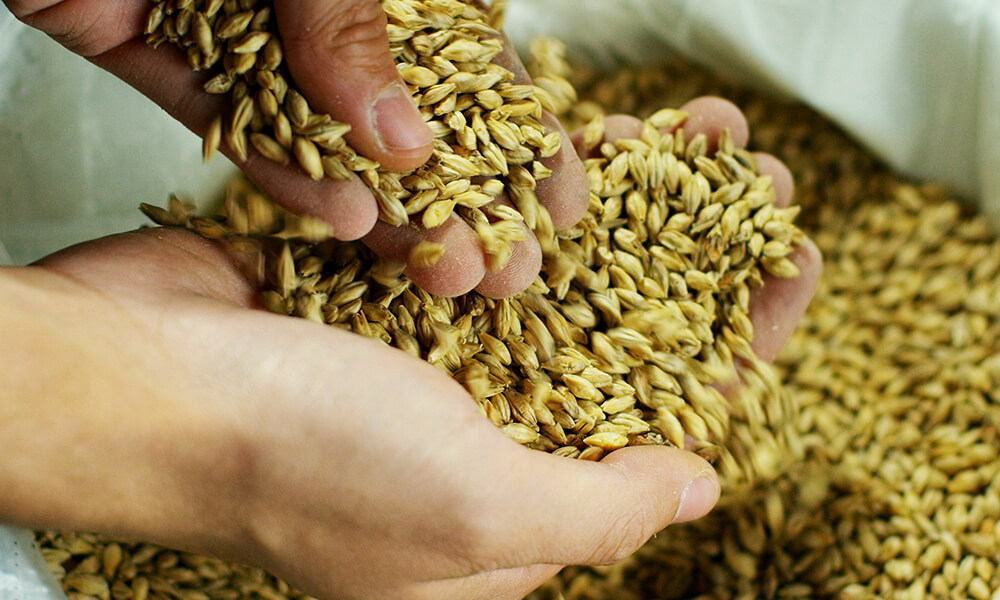The Farm-to-Keg Brewing Movement
Most people are familiar with the term farm-to-table, simply meaning that most middleman commercial vendors are eliminated from the grocery shopping process, leaving consumers to buy food items directly from the producers. That means that most hormones and artificial ingredients are not present and the food is practically straight off the farm. Lately, small-bath brewers are beginning to tap into this concept and aim for cleaner brews. Check out what we learned from the farm-to-keg movement this week!

What’s in my brew?
Beer is more complex than what meets the eye. Aside from the grain, hops, yeast, and water, there are many complicated ingredients depending on the specific beer and the flavors the brewers are trying to showcase. Many breweries receive their ingredients from various different locations all over the country to achieve their needs. While it may be common knowledge that beer isn’t particularly a power food, there are some beers that are far worse than others. Some beers have GMO corn syrup, fish bladder, insect-based dyes, propylene glycol, MSG, and many other harmful ingredients. It’s important to understand what you’re drinking in order to better support the breweries who work to make healthy decisions for their dedicated customers.
The new age breweries
There have been new laws passed in several states allowing microbreweries the freedom to grow, produce, and serve beer on agricultural land. For example, Dirt Farm Brewing in Virginia is dedicated to organic and home grown ingredients for all of their brews. They go by the motto, “no farms, no beer” and use all of the ingredients from their own family farm. They’re one of the first breweries to utilize this organic process, they certainly will not be the last. Essentially, breweries are beginning to function similarly to wineries who typically grow all the grapes necessary to produce their wine on site. Allowing beer to journey from the fields to the glasses all in one agricultural area will help increase the trend of the farm-to-keg.

How can you help?
As with any efforts towards a cleaner lifestyle, the best way to help in this movement is to make the decision to support these microbreweries. When in doubt, it is always best to choose local brewers over the large corporations who use harmful ingredients. Unfortunately, while breweries are required to report certain processes and ingredients to the Alcohol and Tobacco Tax and Trade Bureau (TTB), they aren’t required to release any fully inclusive ingredient lists to the public. Essentially, there is no way to learn specific ingredients of beer unless the brewers have chosen to release that information to the public (which, for the sake of keeping tasty recipes secret, most brewers choose to not to do).
What to look forward to
As healthy brews and organic ingredients become the high demand, we can look forward to seeing more organic microbreweries surfacing. Consumers deserve to have the best ingredients and the cleanest processes, and by supporting this farm-to-keg brewers, we can help propel this movement even farther. While the process of growing, producing, and serving beer all on one agricultural piece of land may be limited to climate and certain times of the seasons, we can begin this journey to learn and perfect the art of these new age wineries.
For information on the legal processes that keep these types of farms insured or for questions about insurance for your own crops, call Crop Insurance Solutions today!
